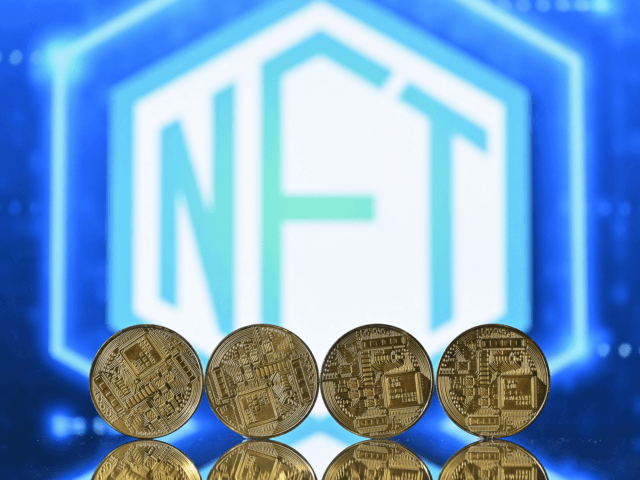The United Kingdom’s Royal Mint has been tasked by the Treasury to create an NFT (non-fungible token) in the latest move from Chancellor Rishi Sunak towards a cashless society that embraces not only digital money, but “tokenized” digital assets as well.
It is unclear at this stage what form the government’s NFT will take, however The Treasury shared a picture on social media of the Royal Mint’s arms, writing that the move shows that the government is taking a “forward-looking approach” towards enshrining “crypotassets” in the economy.
NFTs or non-fungible tokens are distinct and non-interchangeable units of data that are stored on blockchains similar to cryptocurrencies such as Bitcoin and Ethereum.
The technology, which has seen a massive boom in popularity, is typically used as a proof of ownership of digital or physical assets like a certificate of authenticity. The technology isn’t foolproof, however. Theft of NFTs left one investor complaining this year “all my apes are gone”, as Breitbart News reported.
Chancellor of the Exchequer Rishi Sunak said that he envisions the UK becoming an international crypto hub and thereby give the British government regulatory power over the emerging financial sector.
“We want to see the businesses of tomorrow – and the jobs they create – here in the UK, and by regulating effectively we can give them the confidence they need to think and invest long term,” Sunak said per The Guardian.
The government also announced this week that it plans on crafting legislation to regulate the use of stable coins, which unlike cryptocurrencies like Bitcoin and Ethereum are tethered to the price of traditional fiat currencies such as the dollar or pound. The legislation would force those who issue or sell stable coins to follow the economic regulatory framework of the country.
Chancellor Rishi Sunak has been leading efforts in Britain to adopt cryptocurrencies, with the apparent aim of imposing government control in order to stamp out a decentralised and private monetary system and to move towards a cashless society.
Last year, at his urging the Bank of England began reviewing the possibility of issuing a Central Bank Digital Currency (CBDC), which Sunak described as a “digital form of money, a bit like a digital banknote”.
The Chancellor has said that any potential CBDC would work as a “compliment” to traditional bank notes and coins, however, with the already diminishing role of cash in British society, some have warned that a Central Bank issued crypto could mean the end of cash altogether.
More concerningly, the Bank of England has reportedly asked the government whether the CBDC should be “programmable” so that a central bank could decide how and where citizens spend their money.
In June of last year, a director and the UK’s central bank, Tom Mutton said: “You could introduce programmability – what happens if one of the participants in a transaction puts a restriction on [future use of the money]?
“There could be some socially beneficial outcomes from that, preventing activity which is seen to be socially harmful in some way. But at the same time it could be a restriction on people’s freedoms.”
Some, including political commentator Calvin Robinson, have warned that giving the government such control over personal finances could lead to a system akin to the social credit system in Communist China, under which millions of people have been prevented from travelling for having displayed behaviours disaproved of by the state.
The communist regime in Beijing has also launched its own cryptocurrency, the digital yuan, which has already seen over 260 million people sign up for state-run digital wallets.
Follow Kurt Zindulka on Twitter here @KurtZindulka

COMMENTS
Please let us know if you're having issues with commenting.